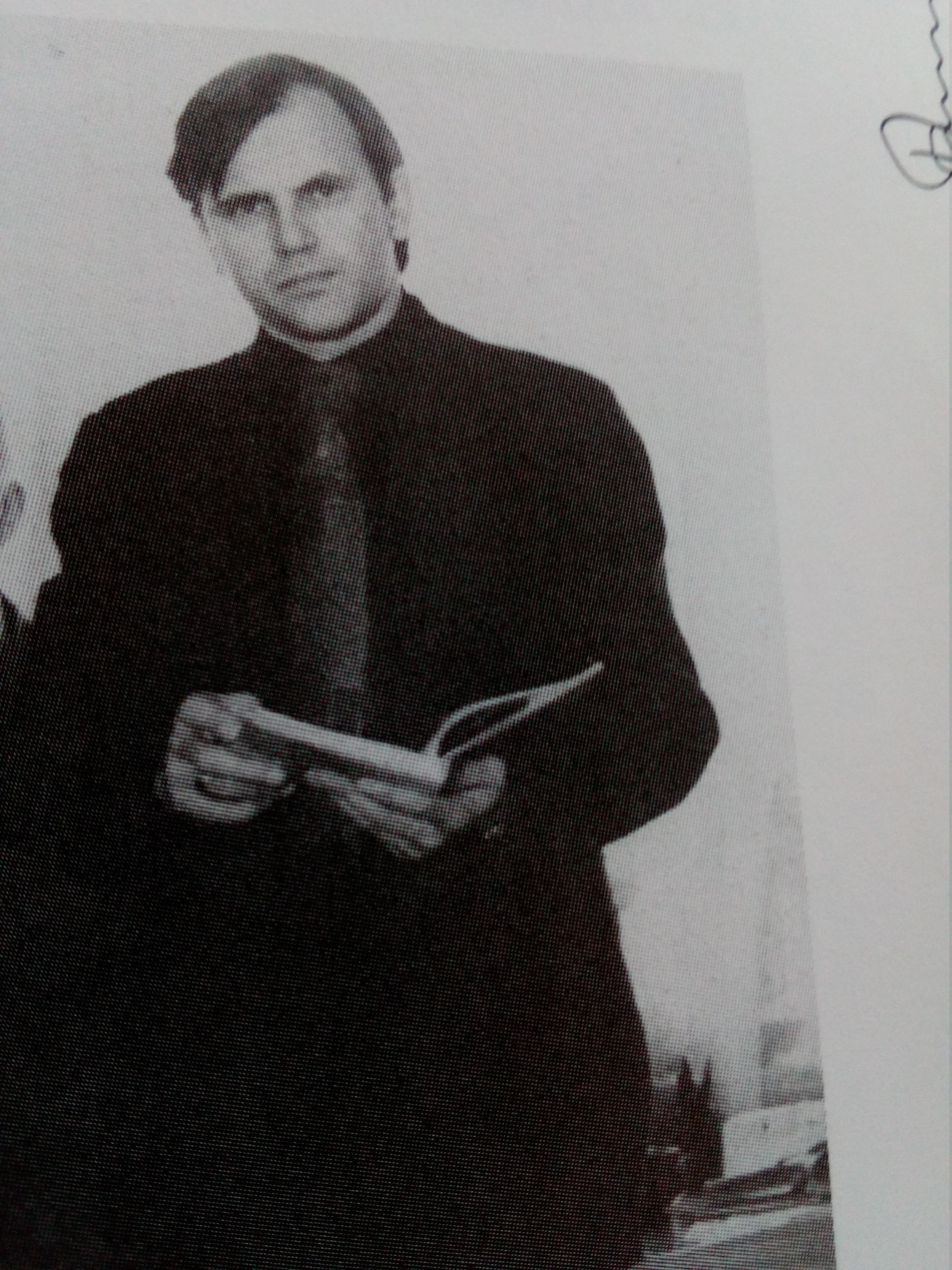Vytenis Povilas Andriukaitis (b.1951) is Lithuania's European commissioner, and a co-signatory to the 1990 Act of the Reestablishment of the State of Lithuania. Andriukaitis' family were deported to Siberia in June 1941. He came to Lithuania only in 1958. After excelling at school, he enrolled at Kaunas Medical Institute, graduating in 1975. He later continued his studies in history at Vilnius University, graduating in 1984.
In 1990, Andriukaitis was elected to the Supreme Council of the Republic of Lithuania (today the Seimas, or Lithuanian parliament), and was a member of parliament for six terms, from 1992 to 2004 and 2008 to 2012, and deputy chairman of its Council from 2001 to 2004. He was health minister of the Republic of Lithuania from December 2012, until he was appointed EU commissioner in November 2014.
Andriukaitis joined the anti-Soviet movement very early on, during his studies at Kaunas Medical Institute. But he publicly expressed his first disagreements with Soviet ideology at secondary school, after the Soviet invasion of Prague in the spring of 1968. Because of his attitude, Andriukaitis was invited for a talk with a KGB officer, where he again expressed his view of the Soviet reality. During his studies at the institute, his non-Soviet activities became more organised and structured. In 1972, he founded an ethnographic folk group in Rumšiškės, which cultivated and propagated the Lithuanian national heritage. Holding meetings for enthusiasts of Lithuanian songs and dancing who tried to break out from the ‘people’s culture of Soviet Lithuania’ made Andriukaitis familiar with many members of the cultural opposition. He used these networks for initiating the underground Strazdelis University, which was founded in January 1976. Andriukaitis was arrested for the first time in September of 1976. After a KGB investigation, he was sent to Ignalina, in a country district of Lithuania. While he was kept there under house arrest and under strict surveillance, with obligatory permanent registration with the KGB, Andriukaitis from time to time managed to escape for meetings of the university.
According to Andriukaitis, there was a dynamic in Soviet policy in controlling society. Understanding the regime's changes is helpful in making a definition of what was/is cultural opposition. Compared to the time of Stalin's rule, when repressions were at their highest level, during the Khrushchev period there were more possibilities for informal non-Soviet networks to operate. The later Brezhnev period was a return to greater persecution of informal society. Andriukaitis argues that we should consider these political circumstances when identifying what was and what was not cultural opposition: the same actions could be allowed in the Khrushchev period, but persecuted during the Brezhnev period. He sees clear connections between the dissident movement, its groups, and cultural opposition networks. Dissident and underground organisations took a joint stand in cultural resistance to Soviet rule. The networks among the intelligentsia that operated without being strongly conspiratorial were related to the dissident movement, and there was collaboration between the two kinds of networks. The underground Strazdelis University was a dissident organisation.

